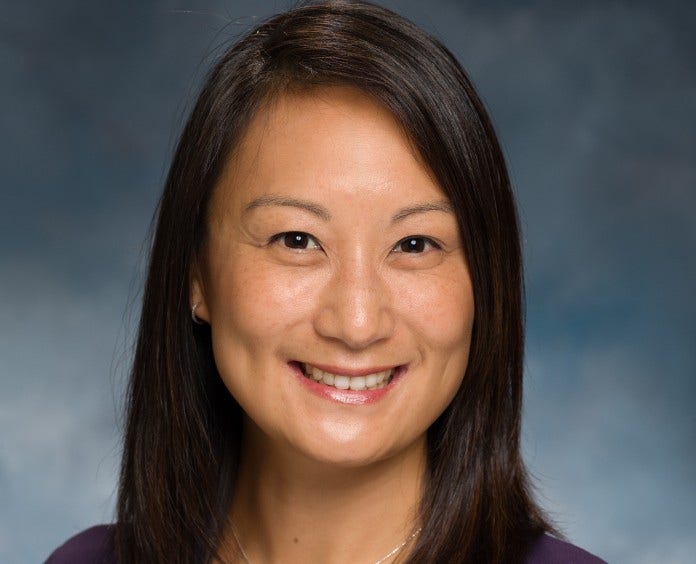Your gift is 100% tax deductible.
Studying Quality-of-Care Study for Medicaid Patients with Breast or Colorectal Cancer
The Challenge
Research shows that US patients who are insured by Medicaid, have low incomes, or who are part of a marginalized group often get low-quality cancer care and are more likely to die from certain cancers than patients with private insurance or Medicare. One reason may be a delay in starting cancer treatment because of the time it takes for patients to move from primary care to specialty cancer care. But researchers don’t often study specific factors linked with health care transitions.
The Research
With support from an ACS grant, Jennifer Tsui, PhD, MPH, is studying the underlying processes, such as referral practices, communication between primary care and specialists, and management of other chronic conditions, that may affect how a patient moves between healthcare providers or settings. She’s specifically studying Medicaid patients who were recently diagnosed with breast or colorectal cancer.
Overall, low-income and racial/ethnic minority patients, particularly those with Medicaid coverage, have worse cancer outcomes. Evidence shows that they are more likely to be diagnosed late, less likely to get and complete treatment, and less likely to survive than higher income or non-minority patients. Our goal is to improve those outcomes."
Jennifer Tsui, PhD, MPH
Rutgers, The State University of New Jersey
ACS Grantee

She plans to develop strategies to improve transitions from primary care to specialty care, focusing especially on patients with multiple chronic conditions and challenging social circumstances. She’ll also study whether changes brought about by the Affordable Care Act (ACA) help providers and health systems adopt best practices and improve cancer care.
Why It Matters
Tsui’s goal is to recommend specific changes that would improve transitions in care within the Medicaid system. The team expects their findings to be shared with Medicaid officials and other stakeholders.



